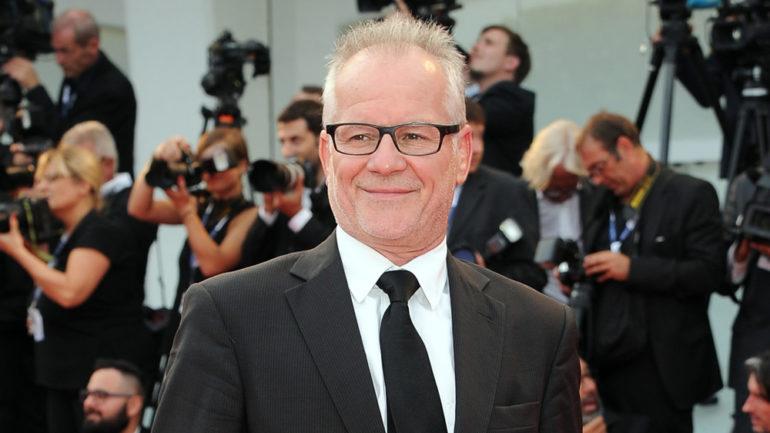Thierry Fremaux Talks Buenos Aires Lumiere Fest, Cannes’ World Role, Argentina (EXCLUSIVE)
By John Hopewell
LOS ANGELES (Variety.com) – BUENOS AIRES — Lyon’s Lumière Festival and the City of Buenos Aires are in talks to launch an Argentine version of the French city’s hugely popular Lumière Festival, Thierry Frémaux told Variety at Ventana Sur.
He also underscored that mid-November’s Festival de Cannes Film Week in Hong Kong, which took the “soul” and “spirit” of Cannes to the world, would be followed by some similar events in other parts of the world.
In Buenos Aires to present an 11th Cannes Film Week – a selection of seven 2019 Cannes Festival titles which runs parallel to the Cannes co-organized film market – Fremáux said a first Buenos Aires Lumière Festival – its official name has yet to be confirmed – would most likely take place in June 2020 in the Argentine capital.
Under discussions with Enrique Avogadro, the City of Buenos Aires energetic Culture Minister, a first edition would last some “three days and nights” and feature at least one restored Argentine film classic.
The event would coincide with the 125th anniversary of the first film ever shot for a paying public, “Workers Leaving The Lumière Factory in Lyon,” shot by the Lumière brothers in Lyon, at what is now the entrance to the Lumière Institut, where Fremaux, also head of the Cannes Festival, serves as director.
Focusing on film restoration and reissues, the Lumière Festval, which celebrated its 11th edition this October, has been a roaring success, notching up some 200,000 admissions over nine days, combining such highlights as Bertrand Tavernier’s ongoing retrospectives to unjustly forgotten French filmmakers, tributes to women filmmakers (begun years before #MeToo), and visits by some of the most major figures of modern cinema to receive its annual Lumière Prize. Recent awardees include 2019’s Francis Ford Coppola and, in past years, Martin Scorsese, Pedro Almodovar and Quentin Tarantino.
One winning facet of the Lumière Festival has been the influx of French stars and star directors to talk about films from the past which still inspire them in the present, furthering the sense of cinema screenings as unrepeatable live social events.
Frémaux said at Buenos Aires that he would be meeting during Ventana Sur’s Cannes Film Week with Argentine filmmakers to ask them to play a similar role of support at any Lumière Festival-inspired event at Buenos Aires.
If it flies, a Lumière event in Buenos Aires would add to the batch of cinema theater events organized by Frémaux under either the auspices of the Cannes Festival or the Lumière Institute which reflect his passion for cinema as a social event experienced in cinema theaters.
Kicking off Dec. 2 with Ladj Ly’s “Les Miserables,” and taking in Bong Joon-Ho’s “Parasite” and Terrence Malick’s “A Hidden Life,·plus a master class by Gaspar Noé, moderated by Lisandro Alonso, the Cannes Film Week aims to promote titles set to bow in Argentina, and give Argentine audiences a change to catch others which have not snagged distribution.
“Auteur cinema needs us, like it does events such as Berlin, Sundance, Venice, Bafici in Buenos Aires. Film festivals have a very important future. We need more and more festivals to build audiences and to catch people , to catch young people. Film festivals is an event, and an event is a party, a celebration.”
Contemporary proof that theater audiences can be grown are the three 1970s cinemas with 10 small screens which the Lumière Institute bought and reopened for art films and classics titles. Attendance was at 20,000 a year when it acquired the locations. it now runs at 240,000 admissions.
“If you make a place beautiful, program it, and have an idea, people come,” Frémaux argued. “I’m still very confident for the health of cinema,” he added.
The Cannes Film Week in Buenos Aires also allows audiences to sense the “shape” of world cinema. Many titles this year frame intimate events within far larger historical frameworks.
“If you want to understand what France will be in the future – France or any country in the world – see ‘Les Miserables,’” Frémaux said.
“‘Parasite’ is also a very political film, about social class. It’s also a family film, however, about what it means to love your father, your sister, your mother or your child,” he added.

